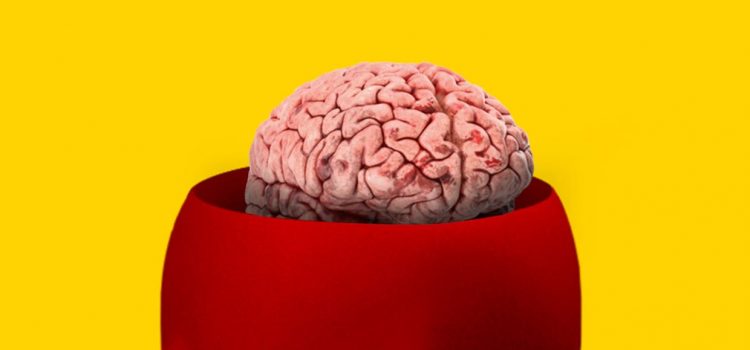What is happiness at its core? Do you think happiness is a natural human state? According to the Dalai Lama, happiness is not merely an emotional state, but a mental and intellectual one. It’s about being content with your life on all levels. In his book The Art of Happiness (co-authored with Howard C. Cutler), he proposes that all humans should seek out happiness by training themselves to be happy in four different ways. Here is how to cultivate true happiness, according to the spiritual leader Dalai Lama.
The Dalai Lama’s Thoughts on Happiness










